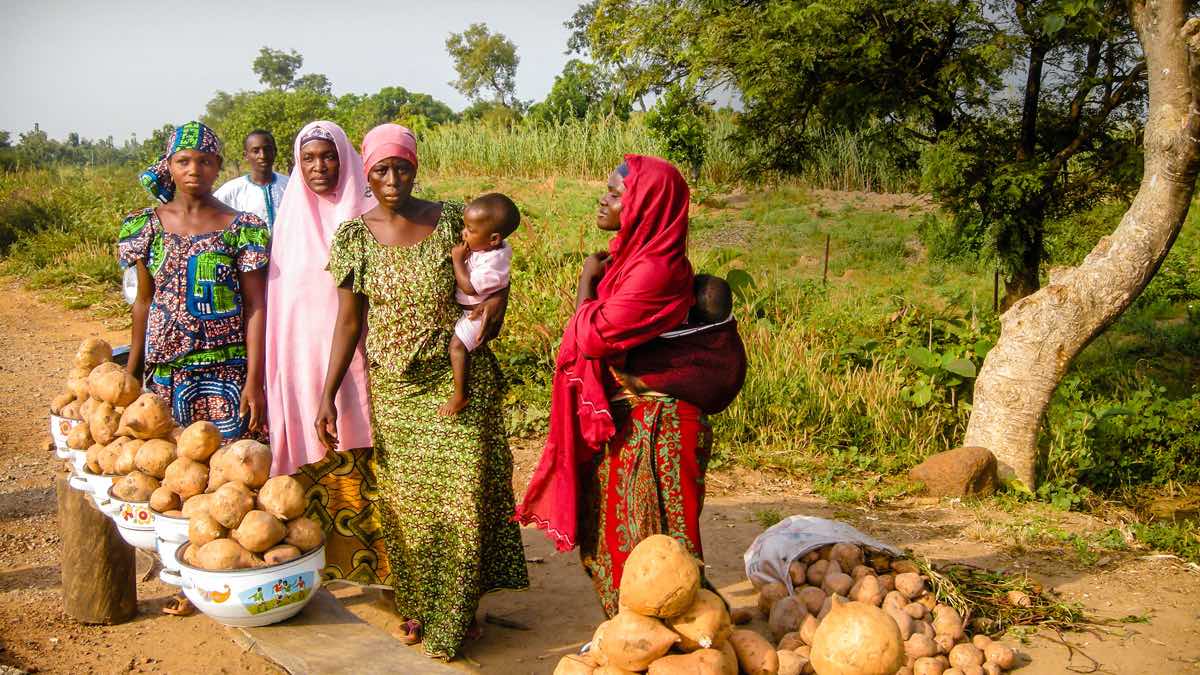Elinor Ostrom’s death on 12 June, just days before the Rio+20 conference, is an enormous loss. But her life’s work offers many lessons for the deliberations, decisions and path to progress at and after Rio.
Many of the most crucial resources for a sustainable future are related, in one way or another, to the commons – the subject of much of Ostrom’s work, which earned her the 2009 Nobel prize in economic sciences and led one academic to describe her as “the mother of field work in development economics”. Water, forests, fisheries, biodiversity, oceans and the atmosphere are all, in important ways, common pool resources; it is difficult to exclude people from using them, but some of that usage depletes their availability to others. To be sustainable, usage must be co-ordinated and regulated – but that does not mean government management or privatisation are the only options. Ostrom’s work demonstrated in meticulous detail that people can and do work together to manage shared resources sustainably, and have been doing so for hundreds of years.
With the focus of Rio+20 on the “green economy”, it is time to recognise the often uncounted values the commons produce. In India, for example, although the commons are often officially designated “wastelands”, rural households depend on them for fodder, fuel, water, medicinal plants and a range of non-timber forest products. Although most of these are not directly marketed, and are therefore ignored in conventional calculations of output, their contributions to livestock production and overall household welfare are high. These lands are important sources of biodiversity and environmental services; their effective management results in more reliable and cleaner water supplies for those downstream.
The commons are not only a rural phenomenon: communal gardens and neighbourhood parks improve the quality of life in cities as well. Unless the values of the commons are recognised, there will be pressure to enclose or capture them for private or state uses that may produce more revenue for a few, but not necessarily greater value – especially for the poor.
Working with colleagues from various disciplines, Ostrom studied what makes collective action work in irrigation systems, pastures, forests and fisheries all over the world. Co-operation to manage key resources is not automatic, but neither is the “tragedy of the commons”. Respect for collective property rights is crucial to providing the necessary incentives for people to maintain resources. Policies of nationalising or privatising the commons have too often eroded the incentives or authority of local users to manage their resources. Ostrom showed that giving communities scope to set their own rules (PDF), ones adapted to local conditions, is important. Outsiders’ technical and local knowledge plays a role, but people are more likely to monitor and enforce rules they have had a say in setting.
Rather than depending on a single, monolithic governance structure, Ostrom’s work shows the importance of drawing on the strengths of many different institutions working together – government agencies, user groups and private actors – and co-operating at multiple scales. When asked about lack of progress on climate change agreements, she replied that, rather than waiting for a grand global agreement, we need to look for action at all levels, from our own homes to our schools, cities and nations. As she emphasised throughout her career, and in the last piece she published, a solution to the problem of climate change will not arrive in a single-stroke panacea, but will require experimentation at multiple levels and diverse approaches.
The global effort to bring the Earth’s environment back into balance can be no more than the sum of local efforts, and collaboration at any level must be based on techniques we have learned through centuries of experience building co-operation at the local level. In effect, the institutions that generate local environmental co-operation are not merely helpful – they are essential components of any larger environmental achievement.
In a world where attention too often focuses solely on the state or private sector as the driving force, Ostrom helped us understand institutional diversity, and ways of governing the commons that build on people’s capacity for collective action. Her research offers valuable lessons on how to craft rules and provide incentives for co-operation at the many levels needed for a sustainable future.
This blog post first appeared June 14, 2012 on the Guardian Poverty Matters Blog.







